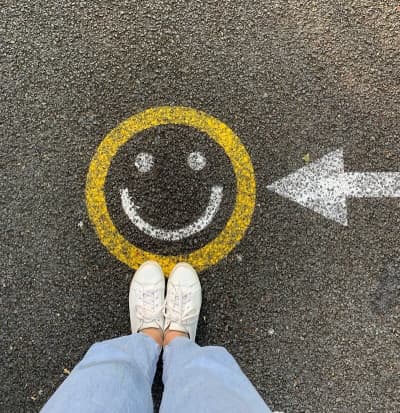I am surrounded by teachers in my personal life. My husband is a primary school classroom assistant (a nice change from his previous career in banking); my son is a secondary school teacher of IT; my dearest friend is a professor of physics. In fact, thinking about it, many of my friends are teachers in one way or another.
One of the techniques they all use is to get their pupils to teach each other. Apparently, once you explain a concept to someone else, you start to really "get" it yourself.
I wasn't sure about this. I couldn't quite understand how this concept worked, until last night.
My younger daughter had just watched "Titanic".
"Mummy – it was so sad!" she wailed. "How do I get rid of the sad thoughts in my head? I am so depressed, just thinking about it. Why did Jack have to die?"
Well, having gone through it with her, explaining that Jack was actually representative of all the men on the Titanic and that, if he had survived, the film would not have made a true point and would have been the worse for it, she understood a little more. After all, 87% of third class male passengers died in the Titanic Disaster – the film needed to reflect that. 97% of female first class passengers survived.
But that wasn't the point. My second daughter, unlike her hard-as-nails sister*, is sensitive and empathic to the point of pain.
We discussed, not for the first time, whether she needs to be responsible about the art to which she chooses to expose herself. In explaining to her that some people are just so sensitive that upsetting art can haunt them for years, I realised I was explaining to myself.
The War Museum in Ypres is a case in point. I wish I had not visited that museum: the images still distress me more than two decades later. There are films I wish I had not seen; books I wish I had not read; pictures I wish I had just passed by. And Heaven knows, some news clips I wish I could un-see!
Don't get me wrong: I appreciate the art. I acknowledge that the artists felt they had to express those particular truths. I can see it is important to make people stop and to think and to feel.
But some of us think and feel too much, to the point where it impacts our health.
So it is not cowardice which makes me screen my viewing, reading and listening experiences; which directs me towards the positive and "feel-good" end of TV, cinema and literature. It is wisdom, borne of experience. Wisdom I wish to pass onto my younger daughter.
And possibly to you too.
So what do you think? Do we have a duty to experience pain in art and in current affairs, or can we produce a doctor's note to get out of it? And if we can, should we?
Mary
A Moodscope member.
*For all of you critical of this description, please note that it is her own and that I have her permission, indeed encouragement, to use it!



Comments
You need to be Logged In and a Moodscope Subscriber to Comment and Read Comments